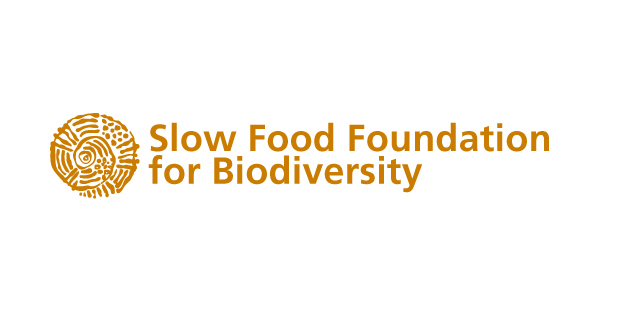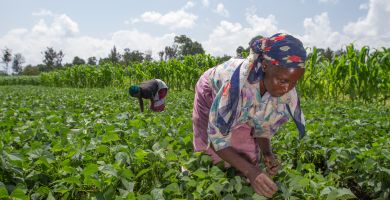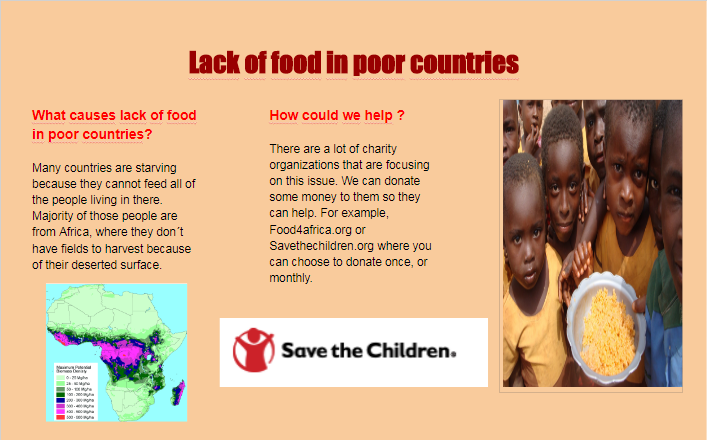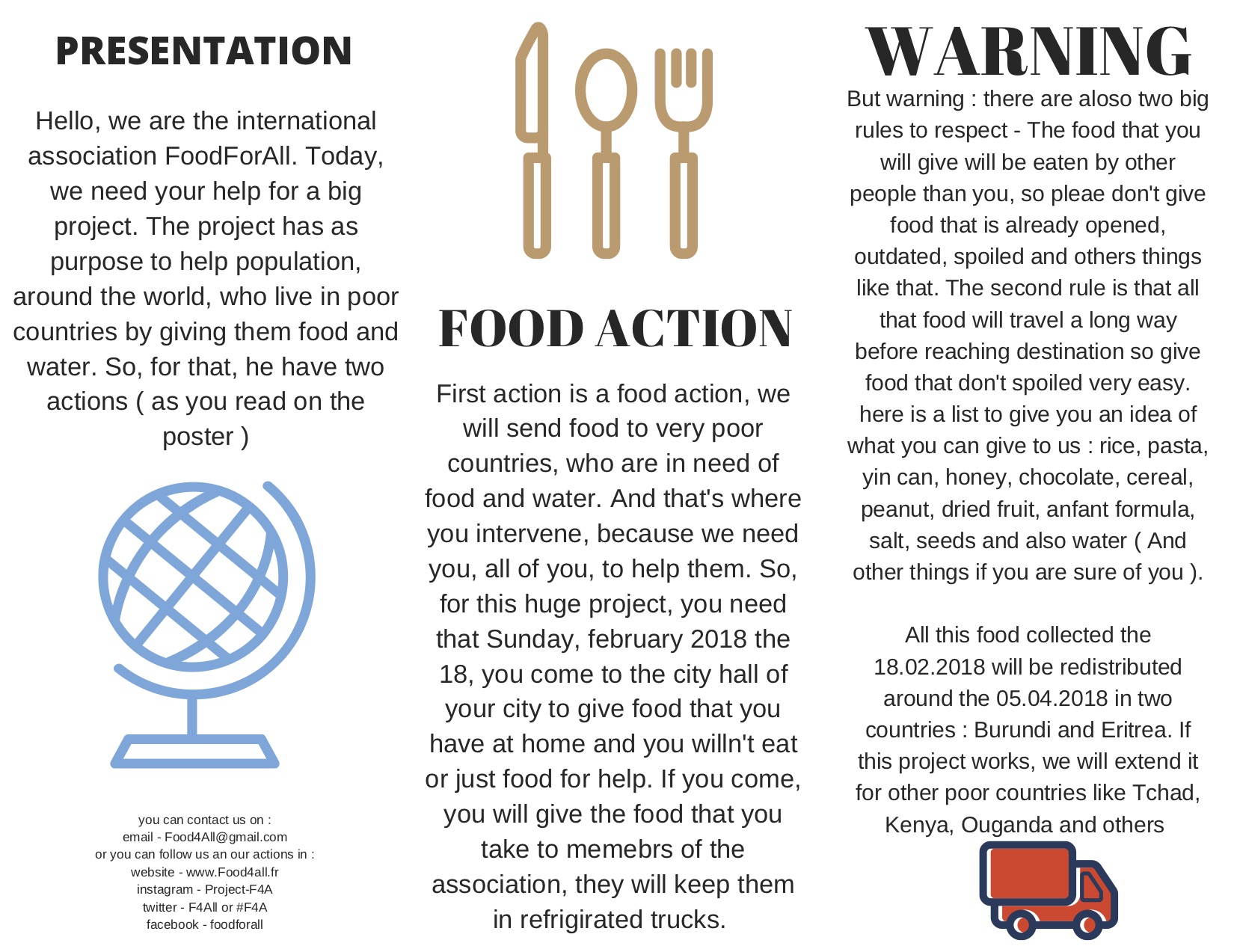Across the globe, conflicts consistently disrupt farming and food production. Fighting also forces millions of people to flee their homes, leading to hunger emergencies as the displaced find themselves without the means to feed themselves. The conflict in Syria is a recent example.In war, food sometimes becomes a weapon. Soldiers will starve opponents into submission by seizing or destroying food and livestock and systematically wrecking local markets. Fields are often mined and water wells contaminated, forcing farmers to abandon their land. Ongoing conflict in Somalia and the Democratic republic of Congo has contributed significantly to the level of hunger in the two countries. By comparison, hunger is on the retreat in more peaceful parts of Africa such as Ghana and Rwanda.
6.Climate change, global warming
Natural disasters such as floods, tropical storms and long periods of drought are on the increase -- with calamitous consequences for the hungry poor in developing countries. Drought is already one of the most common causes of food shortages in the world. In 2011, peristent lack of rain caused crop failures and heavy livestock losses in parts of Ethiopia, Somalia and Kenya. In 2012 there was a similar situation in the Sahel region of West Africa. In many countries, climate change is exacerbating already tough conditions. The world's fertile farmland is under threat from erosion, salination and desertification. Meanwhile, deforestation by human hands accelerates the erosion of land which could be used for growing food.
7.Lack of investments in agriculture
Too many developing countries lack the roads, warehouses and irrigation systems that would help them overcome hunger. Without this key infrastructure, communities are left facing high transport costs, a lack of storage facilities and unreliable water supplies -- all of which conspire to limit farmers' yields and families' access to food.Investments in improving land management, using water more efficiently and making more resistant seed types available can bring big improvements.
8.Food Wastage
One third of all food produced (1.3 billion tons) is never consumed. This food wastage represents a missed opportunity to improve global food security in a world where one in 8 is hungry.Producing this food also uses up precious natural resources that we need to feed the planet. Each year, food that is produced but not eaten guzzles up a volume of water equivalent to the annual flow of Russia's Volga River. Producing this food also adds 3.3 billion tonnes of greenhouse gases to the atmosphere, with consequences for the climate and, ultimately, for food production.
Solutions
Slow Food Foundation for Biodiversity (SFFB)
What is the foundation?
The foundation was created in 2003 in Florence and it coordinates Slow foods projects to protect food biodiversity across the world. Active in over 100 countries, the Foundation involves thousands of small-scale producers in its projects, providing technical assistance, training, producer exchanges and communication.

What they do?
Foundation created several projects across the world, excpet others also project 10 000 gardens in Africa. Creating 10,000 good, clean and fair food gardens in African schools and communities means not only raising awareness among young generations about the importance of food biodiversity and access to healthy, fresh food, but also training a network of leaders aware of the value of their land and their culture who can serve as protagonists for change and the continent’s future.
What can we do?
It is simple. You can choose one place in Africa and you can support local farmers through financial support. Until now 2953 gardens have been created.
You can visit webpage here - Slow Food Foundation for biodiversity
Farm Africa (FA)
Who are they? 
It’s an international organisation working to build a prosperous rural Africa. They help farmers to increase their harvests, build their incomes and sustain natural resources, partnering with governments and the private sector to find effective ways to fight against poverty. They work closely with local communities.
Where they work?
Farm Africa has more than 100 staffs operating across the eastern African countries of Ethiopia, Kenya, Tanzania and Uganda.
What they do?
Farm Africa focuses on transforming agriculture. They help farmers to increase their harvests, protect the environment and sell their produce in thriving markets. They help also to build more profitable farming businesses so that whole communities can lift themselves out of poverty.
Farming doesn’t provide just food but also income and it can help against poverty. Many farmers make their living by keeping animals. Climate problems is another problem which causes damages not only in Africa. Other problem is overfishing, because of that there started fish farming.
One of FA projects - Forest management in Tanzania
What is this project about?
 Thousands of people living in Tanzania’s Nou Forest are endangered by deforestation. The project help them map the forest and its resources so they are better able to protect and conserve their habitat and replace damaged trees.
Thousands of people living in Tanzania’s Nou Forest are endangered by deforestation. The project help them map the forest and its resources so they are better able to protect and conserve their habitat and replace damaged trees.
TBCH - Tanzania Beehive Challenge
On 26 October 2014 a team of farming sector figures headed to Forest management project in the Nou Forest in Tanzania to build beehives with local community. The "Bea Team" delivered 58 hives in under three days!
Beekeeping is one important element of Farm Africas project to help forest families move out of poverty, one of the key causes of deforestation. Beekeeping can double production in one year and the farmers gt a better price at market.
You can see other projects here - Farm Africa
Financial support, charities

We can help people also through financial support and various charities. We choosed few of them.
Savethechildren

It’s charity that save the children around the world in different countries. They provides children healthy life, new opportunities to learn and protection from harm. It gives them new start in their life and better chance for life in the future.
Food4Africa

In excess of milion pre-school children throughout South Africa do not receive sufficient food. They are committed to work with other organisations to supply children with at least one vitamin and mineral nriched meal for every day.
They try to reach that everything without long administration. Now, they are feeding more than 13 800 people. Starving of children grow same like people infected with HIV, this organisation try to help both of them.
OUR Solutions

